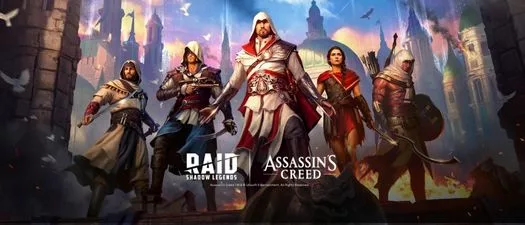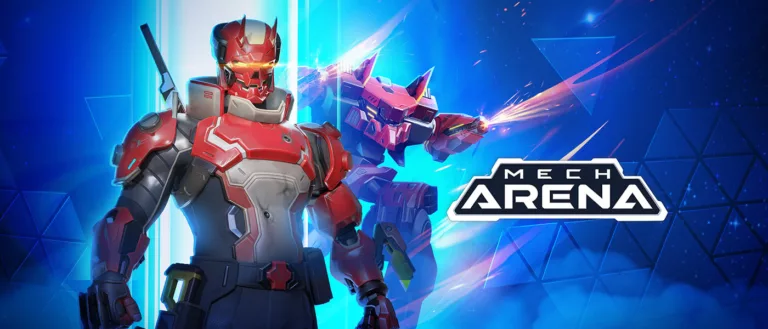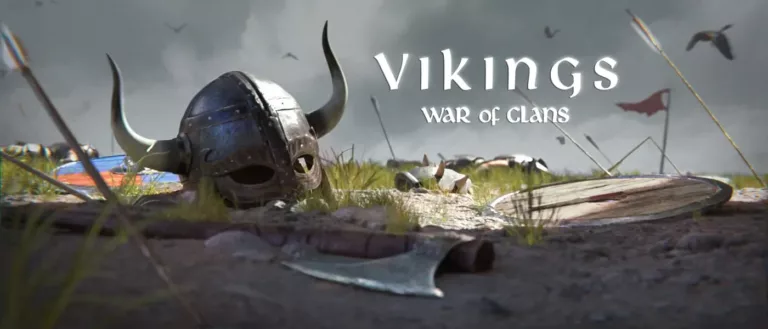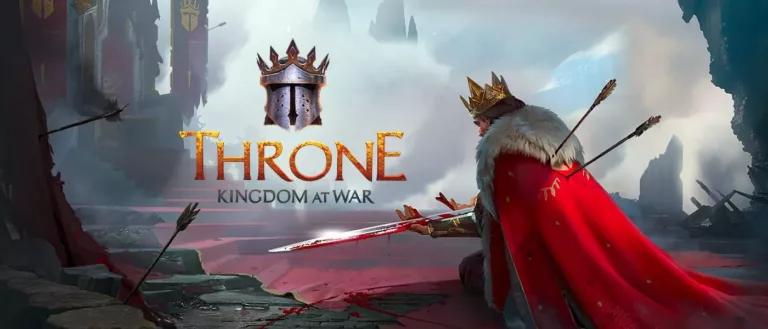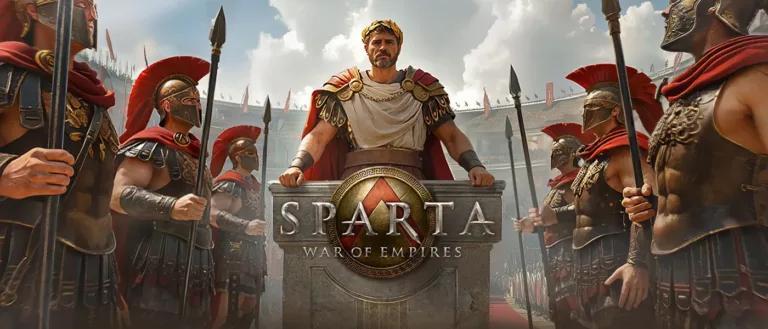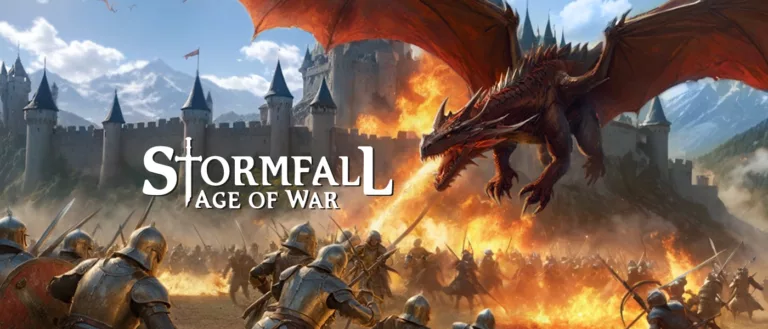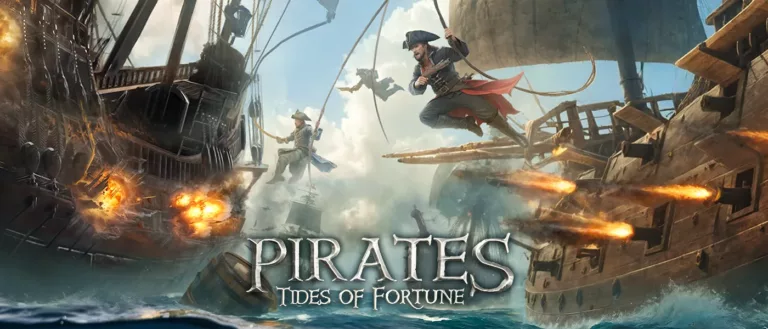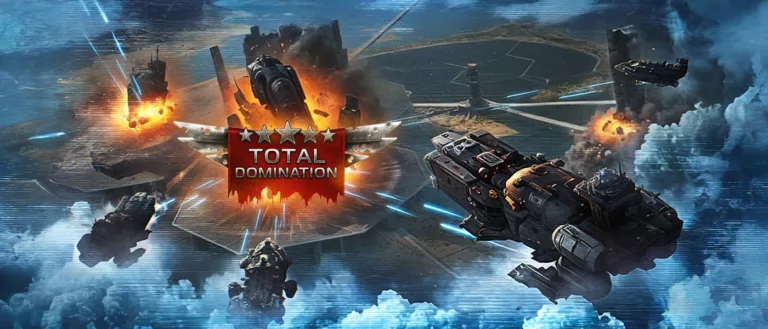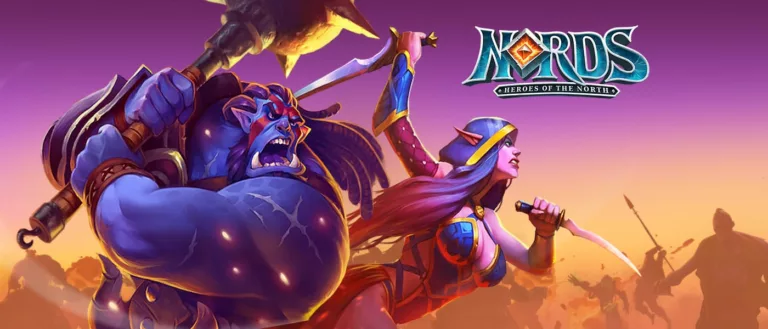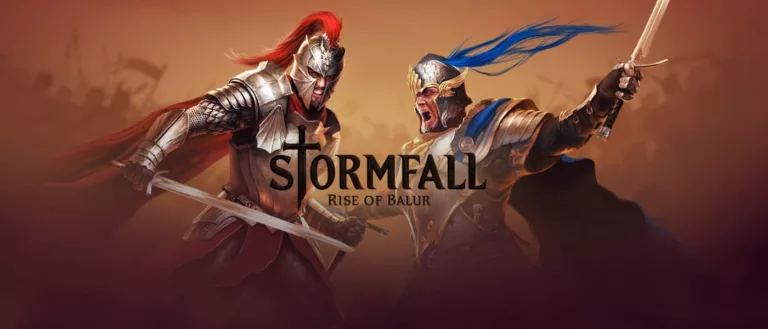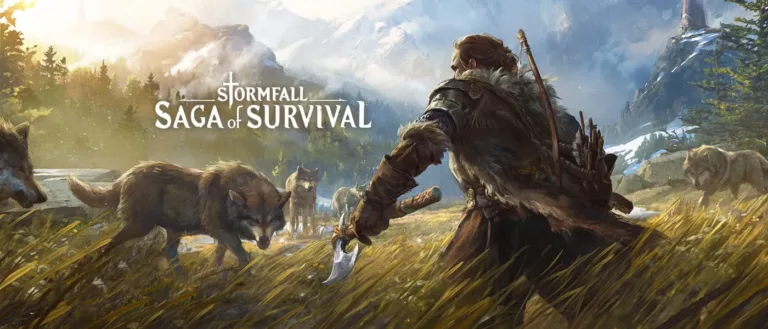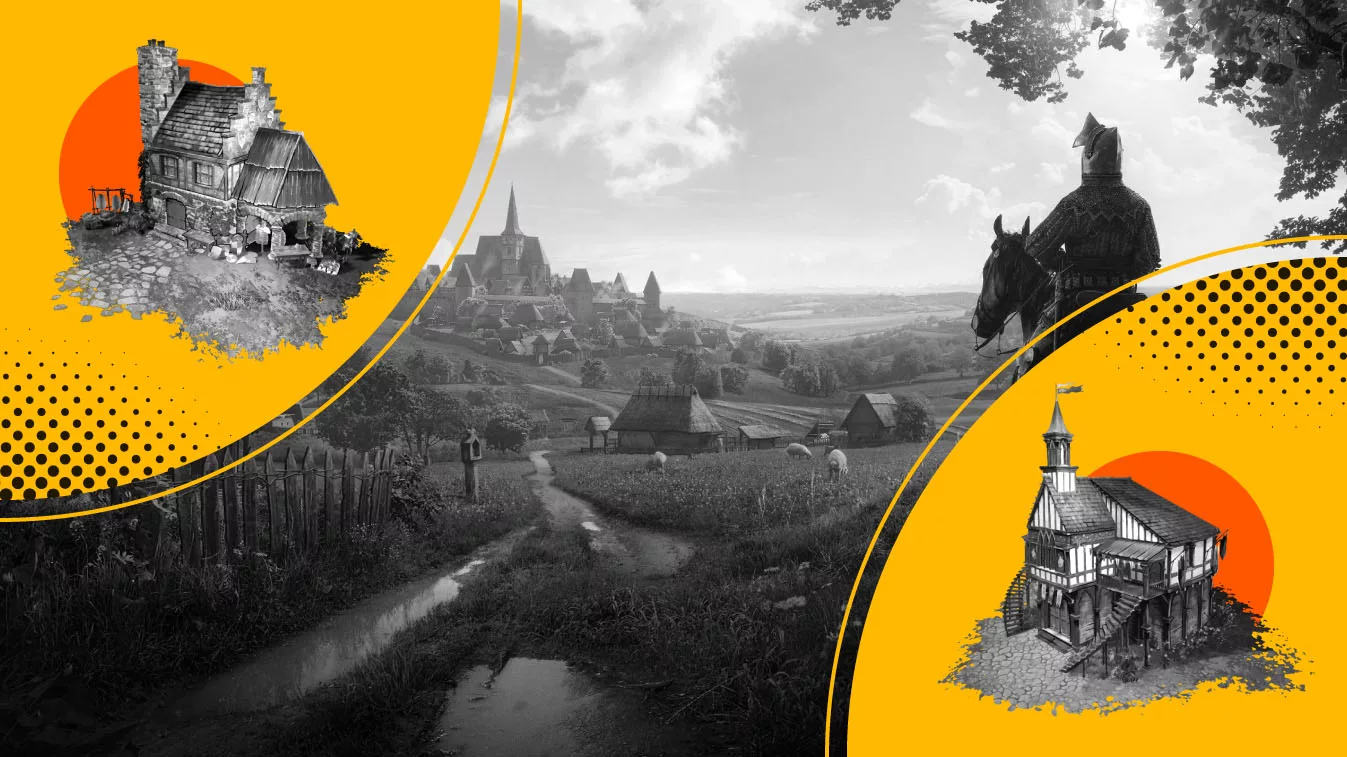MMO Games
Check out our collection of incredible MMO games below, and when you find one that you like - make it even better by inviting your friends to join!
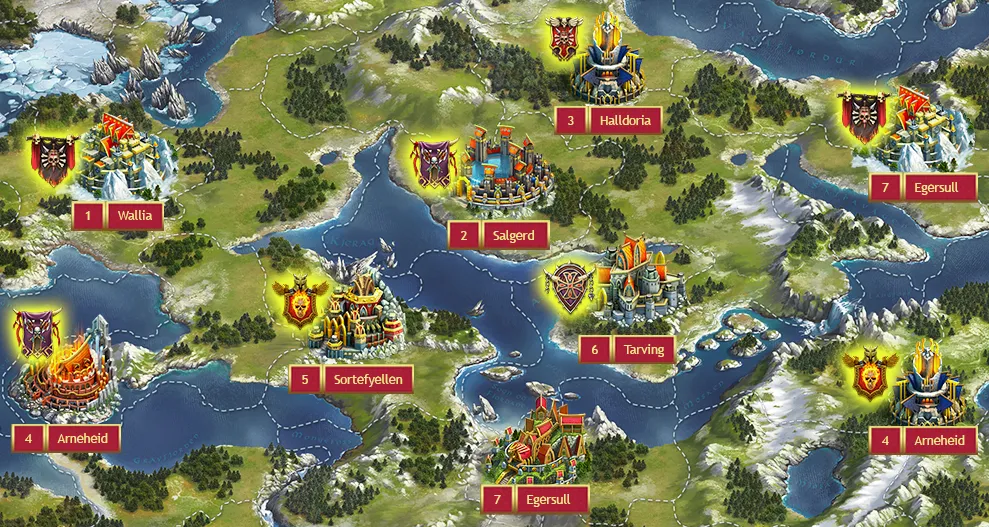
What Are MMO Games and What Does MMO Mean?
The term “MMO” stands for massively multiplayer online. Thanks to today’s fast internet standards, it is easier than ever to connect and compete against one another online – hence the exploding popularity of MMO games. Many popular MMOs are designed and built as open-world environments, allowing players in all corners of the globe to compete with and against one another to meet common goals.
MMO game releases are about more than just competing against or collaborating with other gamers. You can also:
Experience a Sense of Community and Belonging
MMO games can be a fantastic place to meet and chat with like-minded gamers. Players can form “clans” – groups of fellow gamers – to foster a genuine sense of community. Working together to complete challenges and receive rewards is a satisfying experience, and can lead to lifelong friendships with people a world away.
Play MMO Games That Feature Flexible Gameplay
Whether looking at paid options or free MMO games, the flexibility available means players can engage how they want. This is especially useful for players with limited time, where MMO games can let players find the right time to jump in and out and engage for exactly as long as they want. This could mean spending a few minutes crafting gear, or a few hours braving a dungeon, it’s all up to the player.
Enjoy the Feeling of Progression and Achievement
Many MMO games have been running for years, where long-lasting worlds can help a player feel a sense of development and growth. Over time, players grow from lowly beginners to powerful legends within the game world, earning trophies and achievements along the way. Running through MMO games online and returning to crush enemies or bosses that used to take teams of players to defeat is an empowering feeling, reminding players of battles hard-won.
Immerse Yourself in a Virtual World
Immersiveness is another reason MMO games are so popular among gamers. MMO gamers can usually experience and discover a world full of lore. By emphasizing social interactions, MMOs encourage players to become part of a bigger story when they play with their clans. For example, a character’s contribution to winning a close death match might help to build their aura within the clan. Many players find that even after a few months they might discuss particularly epic clan battles with their allies, creating their own sort of lore.
Attributes That Characterize the Best MMO Games
There is a rich and varied landscape of MMO games, but what do the most popular MMOs have in common?
Engaging Visuals and Audio Design
The leading developers of popular MMOs have invested heavily in creating engaging gaming environments, underpinned by astounding visuals and audio that compare favorably with many of the leading single-player desktop PC titles.
They sometimes achieve this by designing and building dedicated motion-capture studios and employing state-of-the-art motion-matching techniques that help to create more natural character movements. Physically based material rendering (PBR) systems can also be used to help render photorealistic imagery and foster virtual environments that replicate facets of the real world.
On the other end of the spectrum are games that focus on offering more stylized worlds that extend beyond the scope of realism. Anime imagery is a popular example, drawing from decades of Japanese influence to build titles with impossible worlds and flamboyant design philosophies.
A Form of Escapism
The top MMOs tend to offer immense gameplay depth that creates a sense of escapism that few other gaming genres can compete with. Popular MMOs are usually designed to be played for years. The commonly adopted games-as-a-service model means that developers are constantly adding new features and making the game richer while developing the story.
This is combined with how the best MMOs often have a world full of lore and huge active communities which can function as their own little evolving world. Some MMOs even have developed living economies! As a result, these games can be a relaxing form of escapism on par with reading books or watching television shows.
Are MMO Games a Video Game Genre?
The short answer is – yes, absolutely. To make a short story longer, MMO games are a kind of genre, but this genre can also overlap with many other genres. An MMO can also be an RPG as an MMORPG, or an FPS as an MMOFPS. These combined genres can reach further beyond their names. In a nutshell, these create a plethora of different subgenres of MMOs.
What Game Category Are MMOs?
To understand better the breadth of MMO games available, here is a list of the most common MMO category types:
Role-Playing
MMORPGs were the early breakout types of MMOs. Traditionally, players assume the role of a customized character in a persistent digital world, taking total control of its actions within the game. Themes in MMORPGs tend to range from the fantastical and mythical to crime or sci-fi. Recently, the collection MMORPG subgenre has exploded in popularity too. These games require players to focus on collecting and upgrading teams of characters for battles.
Shooter Games
A typical shooter MMO game is action-packed and often requires players to compete in a team-based format. Shooters require a greater element of skill since success is dependent on your accuracy and your ability to survive opponent attacks. MMO shooters range from first-person shooter games to vehicle-based shooters where you may control a tank or a fighter plane. These are rarer than MMORPGs, yet a few breakout hits have shown just how engaging this subgenre can be.
Real-Time Strategy (MMORTS)
Usually based within a persistent virtual world, real-time strategy games typically continue your progress even when you are offline. Whether they’re boasting sci-fi or historical settings, these games give you the chance to take charge of armies or civilizations and lead them to domination. MMORTS titles often feature a greater war in which players take sides, with each battle contributing to their faction’s overall performance.
Turn-Based
Turn-based MMO game titles see dozens, if not hundreds of gamers enter the same online playing field. Each player uses their turns to advance towards their goals. All turns are usually scheduled to take place within a predetermined “tick” schedule which resets the number of permitted actions after a certain period to ensure progression. Turn-based MMOs often take the form of RPGs, where the combat engine is based on methodical decisions with less emphasis on fast-paced action.
Simulations
This genre covers MMOs inspired by the real world. In sport-themed MMO games, you take control of individual athletes or even take the helm as an overarching coach to win trophies and titles. There are also life simulation MMO game titles where you can socialize with friends, meet strangers, and even attend virtual concerts! Customization is hugely important in sim MMO games, whether looking at players, housing, weapons, geography, and more.
Casual
Casual MMO games are typically designed to be easy to pick up and play, requiring less of a time commitment to hone your craft. The gameplay of the most popular casual MMOs blends adventure and puzzle-based gaming. MMO collectible card games are also a popular sub-genre. Though these tend to be simpler to start, the higher level of competition can still be fierce and ruthless.
Playing Free-To-Play MMO Games on Desktop or Mobile Devices
MMO games started as paid titles where subscriptions were common, but that isn’t always the case today. In the 2020s, free MMO games are everywhere, and they cover every genre imaginable. Free MMOs can be RPGs, shooters, card games, racing titles, and more.
Not only can you enjoy most of the above MMO game genres without paying a cent, but you can sample them across a broad spectrum of devices too. Whether you want to play a browser-based MMO game on a PC or Mac or a native app MMO on mobile devices powered by Android or iOS, you can immerse yourself in MMO games online however and whenever you want.
Just get yourself a reliable Wi-Fi or secure 4G connection and start playing MMO games online for free!
Are MMOs Single-Player?
MMOs are designed to be multiplayer, but some can be played as single-player titles too. This is called soloing and is a popular pursuit for those who want to exist in an online world but go their own way. There is a caveat here, however, in that most MMO titles contain content only accessible or beatable by groups.
